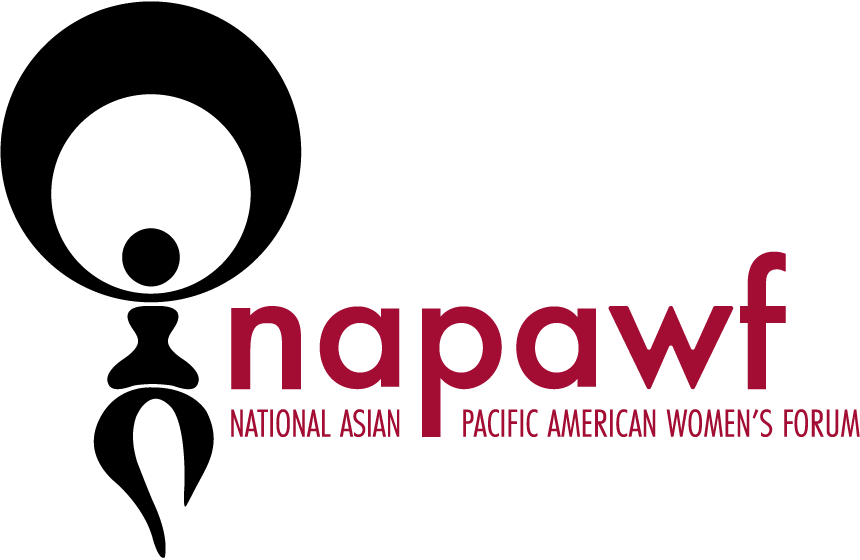The National Asian Pacific American Women’s Forum (NAPAWF) continues to fight the U.S. Supreme Court’s decision to overturn Roe v. Wade by protesting and bringing attention to the stigma attached to abortion.
May Thach is the Florida organizing manager for the NAPAWF. She works within the field department where the majority of their grassroots organizing happens. NAPAWF is an organization amplifying Asian American and Pacific Islander (AAPI) womens’ voices since 1996.
“What we actually want is access, right?” said Thach. “The fact that we don’t even have the floor where it’s legal for every person who can get pregnant to have the ability to access this health service, that just shows we can’t make any decisions for our own body.”
NAPAWF protests all over the country in states including Texas, Georgia, Indiana, Minnesota, Illinois, Florida and New York. They also have a Member At Large program where someone who organizes with them can still protest if they live outside of the states listed.
“So for us, we’re not actively in protests,” said Thach. “We’re more just vocalizing folks and organizing folks here at NAPAWF.”
Though protesting outside of buildings is not their main method of protest, NAPAWF still understands the power of protest. The organization hosts rallies in areas where they protest that invite potential supporters.
“In these places where we protest, we make our voice heard with rallies and all these things,” said Thach. “We also want to make sure there’s some place that the folks are then able to be plugged into to organize long-term because we know it’s not going to happen just only on the streets.”
NAPAWF desires to overturn the stigma behind abortion that others may view in a negative light instead of as a medical practice.
“We didn’t get the chance to define what abortion is and anti-choice folks got to do that,” said Thach. “They got to define what abortion is, what it actually does and what it doesn’t do but it’s not what it is. We failed in that realm where now when people hear abortion, they hear the worst case scenario.”
NAPAWF wants people to comprehend that abortion is not a moral debate of right or wrong. It is a question of whether or not one should have access to proper and safe healthcare service for an abortion.
“That’d be so strange if I told you that getting a cast for your ankle was a moral issue,” said Thach. “That’s so silly but that’s how abortion has been now and that’s how it’s been defined for us.”
NAPAWF is optimistic about the U.S. Supreme Court undoing their decision in the future.
“If the whole argument in the Supreme Court is that it’s not in our constitution, then let’s put it in there,” said Thach. “We have a process to put amendments, right? That’s why we have as many amendments as we have.”
The organization is currently turning out voters for the upcoming elections. Through deep canvassing in multiple Asian languages, NAPAWF hopes to educate our communities about issues such as voting and abortion rights.
This organization also provides information on their website, napawf.org, in various languages to reach women who require proper abortion care in states that made it illegal. NAPAWF also hosts trainings that inform people how to speak about abortion in light of the recent politcal stances.
According to Thach, the best way to help women who need abortion care is to donate to local abortion funds and being vocal about this issue during this election season.
“Abortion funds provide direct services to folks who need this services,” said Thach. “That comes with helping people with travel, helping people with logic, helping people with actual procedural costs and anything else in between.”
Thach emphasizes that the public must understand that abortion is nothing to fear, question the morality of or scorn.
“Abortion is not a bad word; abortion does not carry any moral compass,” said Thach. “It’s a service that should be available for all of us that want it and need it and that’s the end of it.”
